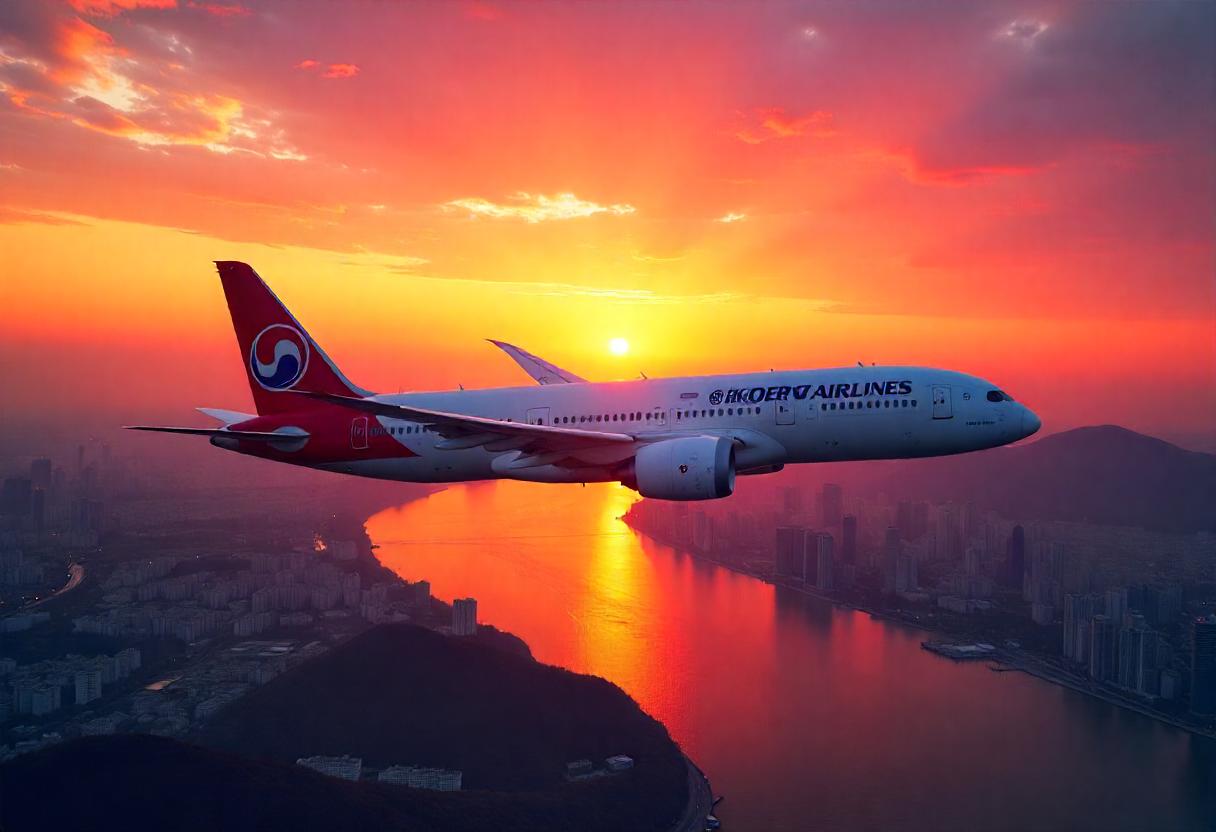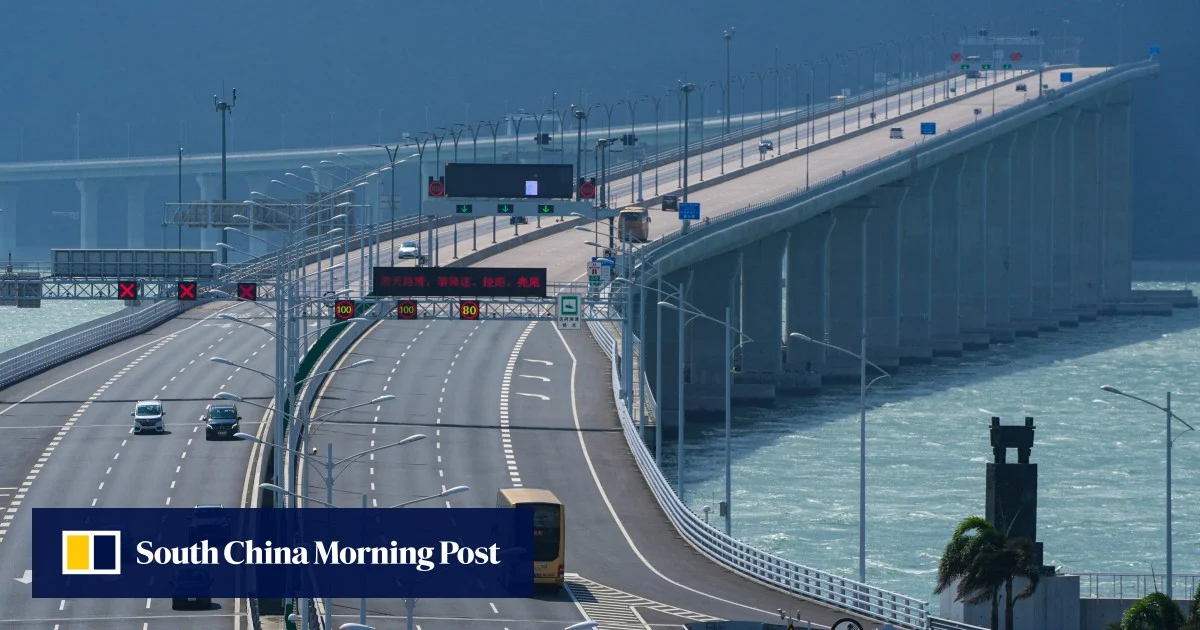Friday, July 11, 2025
United Kingdom flyers on budget carriers like Wizz Air may have bigger total trip costs on the horizon as the airline contemplates responding to mooted European Union regulations banning extra fees for standard cabin luggage. The new regulation, which the EU Transport and Tourism Committee thinks about approving, seeks to guarantee citizens the right to a personal article and a minuscule cabin bag onboard at zero additional cost. Though not yet a rule, the regulation holds the promise of eliminating a key revenue stream for low-cost carriers, prompting Wizz Air UK to consider raising other fees—namely, for checked luggage or seat selection—in order to compensate for losses.
Wizz Air UK Suggests Future Luggage Fee Hikes as EU Goes Ahead with Cabin Bag Regulation Amendments
Wizz Air UK has hinted at raising luggage charges in response to a proposed overhaul of cabin baggage rules by the European Union. Although the regulation has not yet become law, the airline is preparing for changes that could dramatically impact how budget carriers structure their ancillary revenue models.
Spectre of EU Regulation May Reverse Budget Airline Policies
The proposed regulation, currently under review by the EU’s Transport and Tourism Committee, would require all airlines operating within the EU to permit passengers to bring two items onboard without paying extra. Specifically, the regulation sets out that travelers should be entitled to carry one personal item—like a handbag, laptop case, or backpack—with maximum dimensions of 40 x 30 x 15 cm, and one piece of small hand luggage, limited to 100 cm total linear dimensions and weighing no more than 7 kg.
This move directly challenges the revenue model of ultra-low-cost carriers such as Wizz Air, Ryanair, and easyJet, which routinely charge travelers extra for bringing a second cabin bag. For many of these airlines, baggage fees are not just an add-on—they represent a major part of their bottom line.
Wizz Air UK Comments on EU Proposal
Speaking for the first time since becoming Managing Director of Wizz Air UK, Yvonne Moynihan admitted the airline would need to increase other baggage charges should the EU proposal go forward. Although she already hopes the ultimate legislation gets softened prior to becoming enforceable, Moynihan was unequivocal that things are about to change, and budget carriers need to respond fast.
Moynihan further explained that despite the fact that the United Kingdom had left the European Union, the rule remained effective for Wizz Air’s arrivals and movements within the EU. Consequently, British citizens traveling on carriers with EU bases, such as Wizz Air UK, would be adversely affected.
“If the law mandates that two carry-on items must be included at no cost,” she explained, “then we have to find other ways to recover that revenue.”
Effect on Wizz Air’s Business Model
As we speak, Wizz Air already derives almost half the full revenue from non-ticket sources. They are service charges like the choice of seat, priority boarding, and checked as well as hand-baggage charges. For a low-cost carrier which keeps the base prices extremely low, these ancillary charges are the way to profitability.
If the EU insists that airlines cover cabin-baggage costs, Wizz Air and others would need to reconsider how they charge for other services. Moynihan indicated the deficit could be made up by adjusting fees elsewhere in the trip, such as raising checked-bag fees or seat reservations.
Industry Pushback
Budget airlines have strongly opposed the proposed change. Their argument rests on both economic and operational grounds. Economically, the elimination of fees for cabin bags strips away a key revenue stream. Operationally, there’s concern about managing space onboard when every passenger brings two items, particularly on full flights.
Andras Rado, the communications chief of Wizz Air, likened the potential situation to a tumultuous past when carriers were not offering assigned seats. He cautioned that enabling all to have two carry-on-stowage possessions could result in a “zoo-like” situation, with overhead storage units soon full and cabin attendants finding it difficult to ensure order and turnaround times.
This sentiment is echoed by several major European budget carriers. The operational burden of increased carry-on luggage could also lead to delays and decreased efficiency—two factors that run counter to the quick turnaround times budget airlines depend on.
What’s Next for Flyers?
EU’s intended regulation of hand luggage hasn’t been brought forward yet, but rising political and consumer support for the proposal ensures that a sort of standardised policy for cabin baggage is set to become a reality. When agreed, it could then be rolled out across EU member states sometime during the next year or two.
It could work out as a mixed result for the traveling public. While the new regulation might do away with surprise fees for a second cabin luggage, it could translate into extra payment elsewhere—like base fees or services.
Passengers aboard carriers such as Wizz Air, Ryanair, and easyJet need to watch forthcoming announcements carefully, as the ultimate shape of the legislation and the date of enforcement may have a significant bearing upon the price of travel and expectations regarding baggage.
UK passengers might need to pay a fee for bags and other services down the road as Wizz Air UK contemplates how to recover the revenue losses after new EU directives which could ban fees for standard cabin baggage. Draft legislation would require airlines to allow two free carry-on pieces, which would redefine budget travel cost.
Conclusion Overview The EU’s effort to standardize carry-on rules aims to create a fairer experience for air passengers. But for low-cost carriers like Wizz Air, the challenge will be maintaining profitability while complying with new limits on baggage fees. The battle between customer rights and airline economics is far from over—and how it unfolds could reshape the future of budget air travel across Europe.



